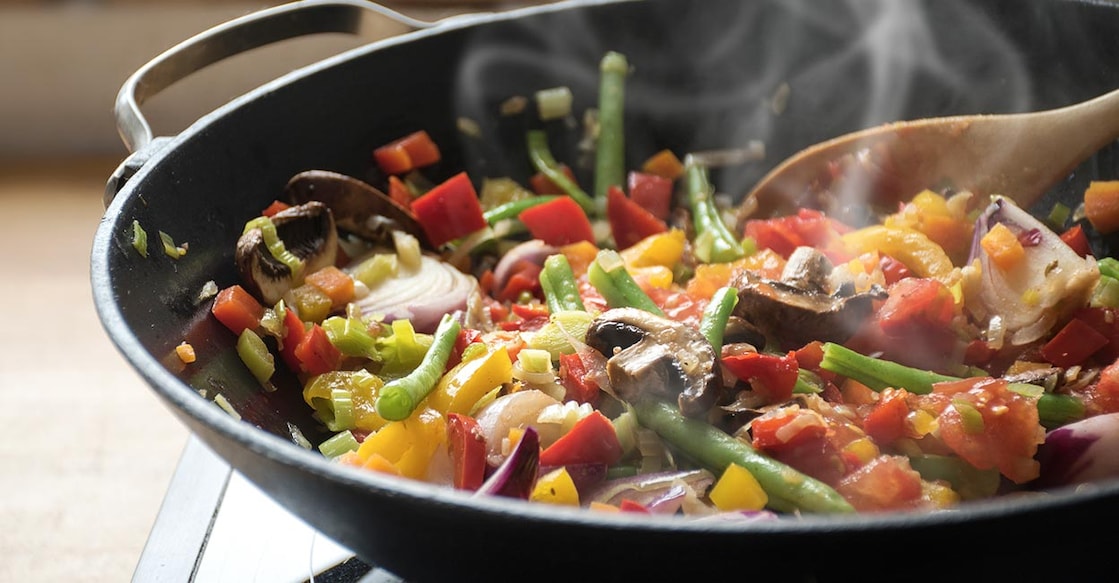What is cooking loss? How to reduce it and retain nutrients in your meals

Mail This Article
Cooking loss refers to the reduction in weight or volume of food that occurs during the cooking process. Cooking loss can impact the nutritional content, flavour, and texture of food. For example, overcooking can lead to excessive cooking loss, resulting in dry, tough, or less flavourful food. Minimizing cooking loss can help retain the quality and integrity of the cooked food.
To minimize cooking loss and retain the nutritional value, flavour, and texture of your food, consider these tips:
Appropriate cooking methods
Some cooking methods, like boiling and steaming, lead to more nutrient retention compared to frying or grilling, which can cause nutrient loss through heat and dripping fat.
Use minimal water
When boiling vegetables or grains, use only the necessary amount of water to prevent nutrients from leaching out. Steaming is an even better option, as it exposes food to less water.
Cut food into larger pieces
Smaller pieces of food have more surface area exposed to heat and water, which can lead to greater nutrient loss. Cutting food into larger chunks can help minimize this.

Cook at lower temperatures
Cooking at lower temperatures for longer periods can help preserve nutrients better than high-heat cooking methods.
Cook with the skin on
When possible, cook vegetables and fruits with the skin on to help retain their nutrients. Just make sure to wash them thoroughly.
Limit cooking time
Try to cook foods for the shortest time possible while still achieving the desired texture and doneness. Overcooking can lead to nutrient loss.

Reuse cooking liquids
If you do boil vegetables, consider using the cooking water in soups or sauces to retain some of the lost nutrients.
Choose fresh produce
Fresh fruits and vegetables have higher nutrient content than canned or frozen varieties, so prioritize fresh ingredients when possible.
Store food properly
Improper storage can lead to nutrient loss over time. Store fruits and vegetables in a cool, dark place or in the refrigerator to maintain their nutrient content.
Consider raw options
Eating some foods raw or lightly cooked can help preserve their nutrients. However, be aware that certain nutrients are more bioavailable when cooked, so a balance is essential.
By implementing these strategies, you can minimize cooking loss and ensure that your meals are both nutritious and delicious.

